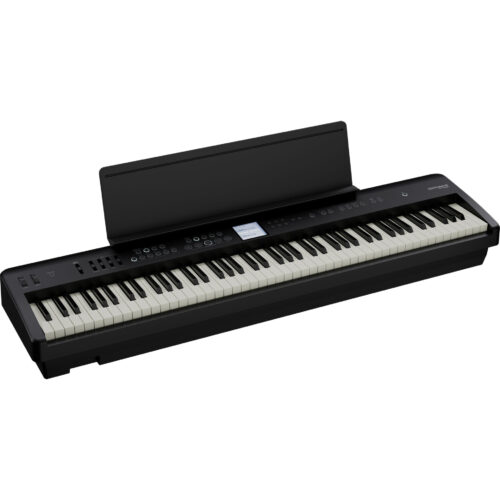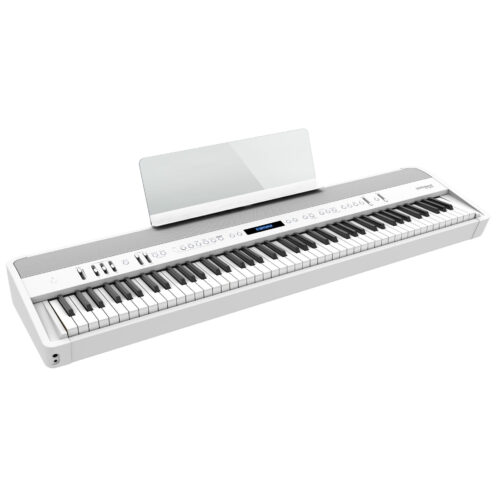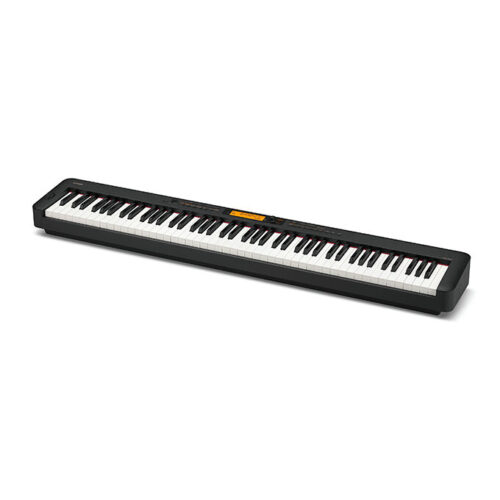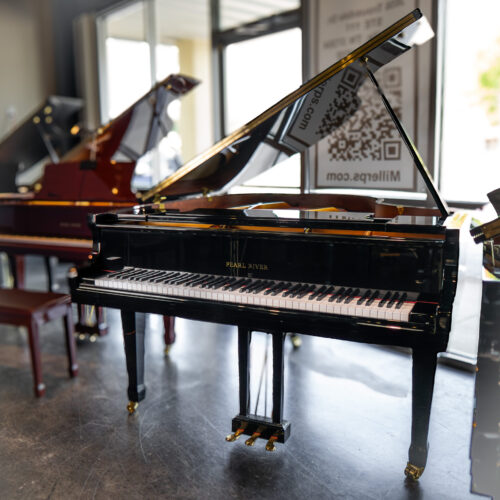The piano is a simple instrument to learn for beginners, but it is a difficult one to master. It is widely available because many individuals own one, and electronic keyboards are not difficult to come by. In this post, we’ll look at what makes learning the piano both difficult and approachable. We’ll go over some helpful hints for learning the piano as well as some realistic expectations for beginners.
The Piano and Hand-Eye Coordination

Because the musician must translate the series of musical notes in front of them into a series of intricate movements with their fingertips, playing the piano necessitates a high level of hand-eye coordination. Both hands of a musician must move independently of one another, and if the piece calls for pedals, the performer must also adjust their feet in time.
One of the advantages of playing the piano is that it improves one’s hand-eye coordination greatly (source). These advantages apply to both young and old people, as training and enhancing your musical skills improves coordination and brain function.
The Complexity of Notes
The 88 keys on a piano can be used to play 12 major chords. Chords are a set of notes that play in unison, and they can range from three to five notes (source).
When a musician plays a chord, they simultaneously depress all of the keys that make up the chord. Both hands are used to play chords, although the left hand is used more commonly while the right-hand play individual notes in a melody. A pianist can use all 88 keys to create a wide range of chords. They can also combine keys to create hundreds of chord combinations.
How to Improve Your Piano Skill Level

To assist you to enhance your piano skills and your ability to multitask, start by practicing one hand at a time. Chords and notes can be tapped out on flat surfaces such as counters, books, tables, and so on. It’s also important to work on strengthening your non-dominant hand by practicing scales and arpeggios with that hand alone. Warm-up exercises should never be skipped since warm fingers respond and move more smoothly.
Swapping hands is another approach to strengthen the non-dominant hand. Try playing a piece using your non-dominant hand if you’re learning it with your dominant hand. It’s also crucial to strengthen each of your fingers separately so that they can all play the piano keys at the same level of difficulty. The ring finger is usually the weakest and requires the most conditioning.
Conclusion
We hope we answered your question: is the piano the hardest instrument to learn? If you want to purchase your dream piano, come check us out at Miller Piano Specialists in Franklin, TN! If you have any questions about where to buy a piano for the best price, we are open! Our hours are Monday-Saturday from 10 am to 6 pm. We are happy to help you in person again, using all the guidelines we have been provided. We are here for you.












